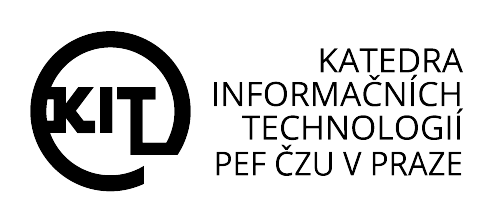The rural areas of the EU, which represent 30 % of its population and more than 80 % of its territory, face simultaneous demographic, climatic, economic, social and environmental changes that affect their characteristics and metabolism. Responding to these challenges requires an accurate understanding of what rural areas are and what rural communities currently face
Definitions of rural areas tend to rely on population density or size. They do not provide sufficient insight into the dynamics, driving force and fluidity of the contemporary diverse rural-urban relationships and identities that characterize the countryside across Europe. Despite the growing recognition that rural areas are diverse and that typologies should better reflect the identity of such territories, the lack of fine-scale data hinders such innovation. Deviating from an updated conceptualization of rurality based on the multidimensional nature of contemporary rural-urban interrelationships and interdependencies, GRANULAR will generate new insights for characterizing rural diversity based on a multi-actor and interdisciplinary approach. Based on insights from Multi-Actor Labs, it will generate new datasets using a wide range of methods and primary data such as remote sensing, crowdsourced data, mobile phone data and web scraping. This data will then be combined with a range of existing institutional data to derive relevant rural community indicators for realizing the Long Term Rural Vision (LTVRA) and to measure resilience, well-being, quality of life and attractiveness. The GRANULAR project will make it possible to create a rural compass that takes into account the factors affecting rural communities and their functional characteristics, informs policy makers and rural actors for the design of tailor-made rural policies. After ensuring scalability of results, datasets, data visualizations and other tools will be directly available on a dedicated platform designed by and for rural actors.
Project start: 1. 10. 2022
Finish: 30. 9. 2026
GRANULAR received funding from the European Union's Horizon Europe Research and Innovation Program under Grant Agreement No. 101061068. The British participants in the GRANULAR project are supported by UKRI-Grant Nos. 10039965 (James Hutton Institute) and 10041831 (University of Southampton). However, the views and opinions expressed are solely those of the author(s) and do not necessarily reflect those of the European Union or the European Research Agency (REA). Neither the European Union nor the supporting body can be held responsible for them.
HORIZON-CL6-2021-COMMUNITIES-01-01
Partners:
- CENTER INTERNATIONAL DE HAUTES ETUDES AGRONOMIQUES MEDITERRANEENNES (FR) – coordinator
- NORTH REGION (SE)
- WAGENINGEN UNIVERSITY (NL)
- INTERNATIONALES INSTITUT FUER ANGEWANDTE SYSTEMANALYSE (AT)
- UNIVERSITY OF PISA (IT)
- GEOPONIKO PANEPISTIMION ATHINON (GR)
- ASSOCIATION EUROPEENNE POUR L'INFORMATION SUR LE DEVELOPPEMENT LOCAL (BE)
- CZECH AGRICULTURAL UNIVERSITY IN PRAGUE (CZ)
- CENTER NATIONAL DE LA RECHERCHE SCIENTIFIQUE CNRS (FR)
- UNIVERSITY OF SOUTHAMPTON (GB)
- EUROPEAN RURAL DEVELOPMENT NETWORK (PL)
- THE JAMES HUTTON INSTITUTE (GB)
- JOHANN HEINRICH VON THUENEN-INSTITUT, BUNDESFORSCHUNGSINSTITUT FUER LAENDLICHE RAEUME, WALD UND FISCHEREI (DE)
- ECORYS BRUSSELS NV (BE)
- UNIVERSIDAD DE VIGO (ES)
- PREPARE AISBL (BE)
- VASTERBOTTEN REGION (SE)
- GEMEENTE OPSTERLAND (NL)
- DISTRETTO RURALE VAL DI CECINA (IT)
- LUONNONVARAKESKUS (FI)
- PAYS PYRÉNÉES-MÉDITERRANÉE (FR)
- KOSZALINSKA POLYTECHNIC (PL)
- MEDITERRANEAN AGRONOMIC INSTITUTE OF CHANIA (GR)

